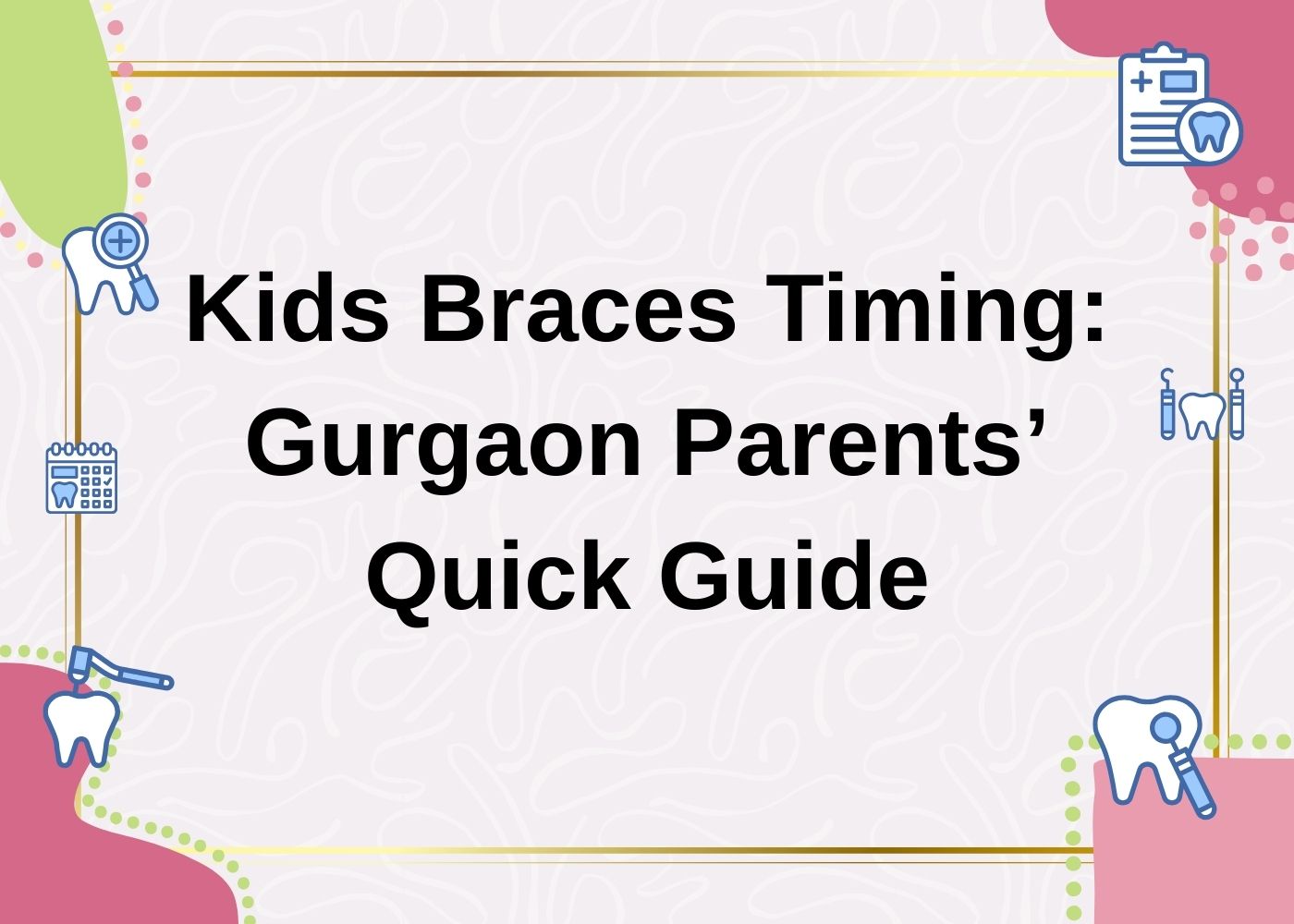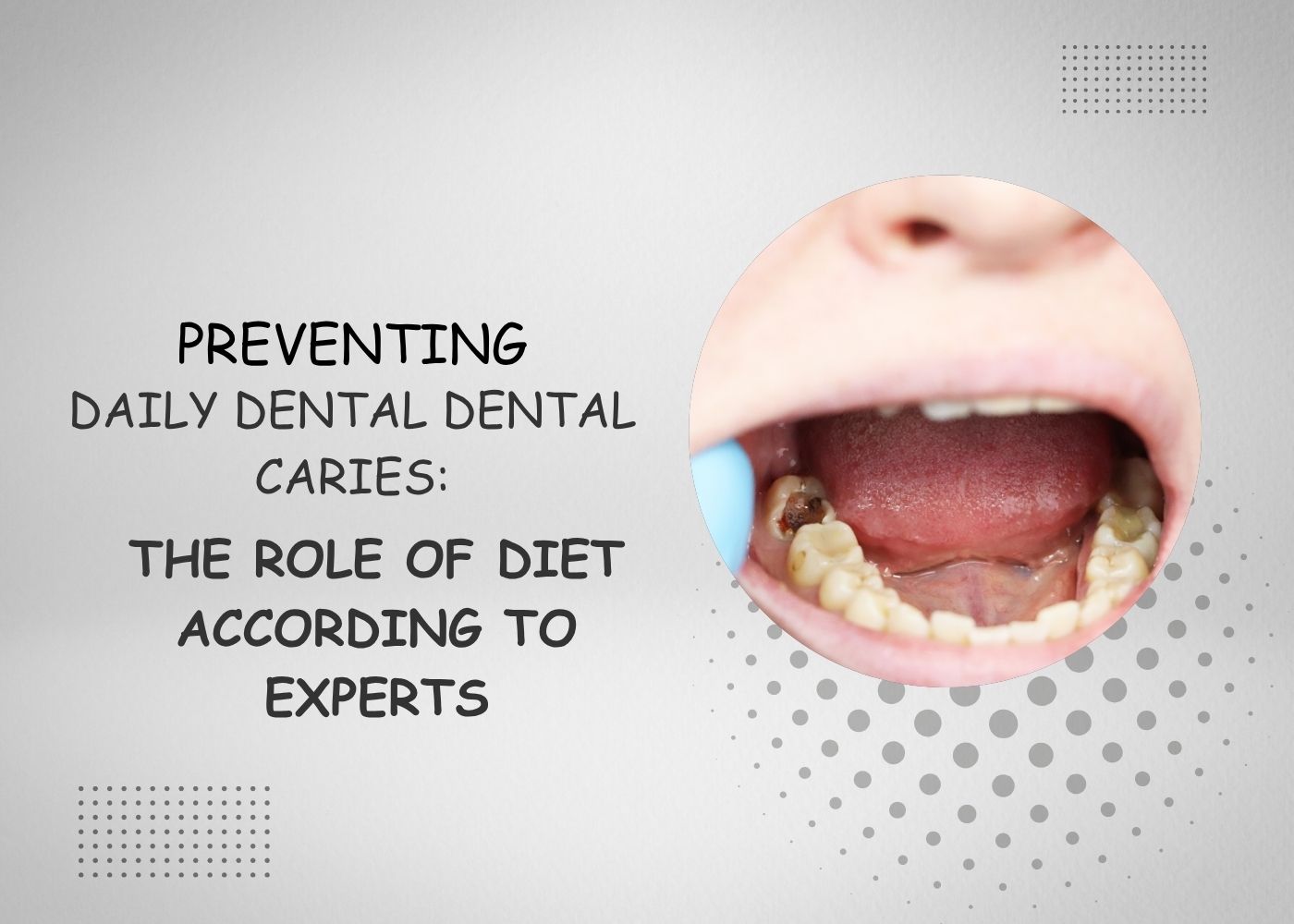

Diet and dental caries play a crucial role in oral health, with dietary free sugars being a significant risk factor in their development. At PolyMedica Dental and Medical Centre, Dr. Swati Pandey, known as the Best Kids Dentist in Gurgaon, emphasizes the impact of diet on preventing dental caries.
In this article, we will discuss:
By understanding the significance of diet, especially in managing free sugar consumption, individuals can take proactive steps towards preventing dental caries and promoting better oral hygiene practices.
Dietary free sugars are a major risk factor for dental caries. These sugars, found in many processed foods and beverages, serve as fuel for oral bacteria. When these bacteria consume free sugars, they produce acids that attack tooth enamel, initiating the caries process. The frequency of sugar consumption plays a crucial role; repeated exposure leads to prolonged acid attacks, increasing the likelihood of enamel demineralization.
The World Health Organization (WHO) provides clear guidance on sugar intake to mitigate this risk:
These recommendations are based on extensive research showing a positive association between sugar consumption and dental caries development. Studies consistently demonstrate that higher amounts and more frequent sugar intake correlate with increased caries prevalence across different age groups.
Recognizing sugar consumption frequency as a key factor shifts focus from just the amount consumed to how often sugars are ingested. This insight highlights the importance of managing not only what you eat but also when you eat sugary foods and drinks to effectively reduce caries risk.
Epidemiological studies play a crucial role in understanding the impact of sugar intake and frequency on dental caries development. These studies have revealed significant insights into the relationship between sugar consumption patterns and the risk of developing dental caries:
Research consistently shows a positive correlation between the amount and frequency of sugar consumption and the incidence of dental caries. Higher levels of sugar intake, especially when consumed frequently throughout the day, increase the risk of tooth decay.
Studies indicate that reducing sugar intake levels can lead to a decreased risk of developing dental caries. By moderating the amount of free sugars consumed daily, individuals can significantly lower their susceptibility to tooth decay.
Fluoride exposure is a critical factor influencing the relationship between sugar consumption and dental caries. The use of fluoride in oral care products, such as toothpaste and mouthwash, has been shown to mitigate the effects of sugar on tooth enamel, thereby reducing the prevalence of caries.
By examining epidemiological data on sugar intake and its interplay with fluoride exposure, experts can better understand how dietary choices impact oral health outcomes and tailor preventive strategies accordingly.
Sugar consumption frequency and the types of sugary foods consumed play a significant role in the development of dental caries. Here are some critical factors to consider:
Consuming sugary snacks between meals can have a detrimental effect on oral health. These snacks often lead to a prolonged decrease in oral pH levels, creating an acidic environment that promotes enamel demineralization. Frequent exposure to this acidic environment can increase the risk of developing dental caries over time.
Sugar-sweetened beverages, such as sodas, energy drinks, and fruit juices, are a major contributor to sugar intake and dental caries risk. These beverages not only contain high levels of free sugars but also tend to be consumed throughout the day, leading to continuous exposure of teeth to sugar. The combination of high sugar content and frequent consumption makes these beverages particularly harmful to dental health.
By understanding the effects of sugary snacks between meals and the contribution of sugar-sweetened beverages to caries development, individuals can make informed dietary choices to reduce their risk of developing dental caries. Preventive strategies should focus on limiting the consumption of these products and maintaining good oral hygiene practices to mitigate the impact of sugar on oral health.
Experts agree that comprehensive preventive strategies are essential to effectively reduce the risk of dental caries. These strategies emphasize a multi-faceted approach targeting diet, oral hygiene, and behavior modification.
Reducing free sugar intake is foundational. Public health initiatives and individual counseling focus on encouraging consumption of whole foods such as fruits, vegetables, nuts, and dairy products while minimizing sugary snacks and beverages. Reformulating food products to lower sugar content also plays a vital role in shaping healthier dietary habits.
Daily tooth brushing using fluoride toothpaste remains one of the most effective defenses against dental caries. Fluoride strengthens enamel and helps reverse early decay. Experts recommend brushing at least twice daily, particularly after meals, to maintain optimal oral health.
Changing eating patterns is critical. Limiting the number of times sugary items are consumed throughout the day reduces acid attacks on teeth. Educational programs aim to increase awareness about hidden sugars and promote mindful snacking habits, such as choosing snacks during meals rather than between them.
These combined efforts form a robust framework for preventing dental caries by addressing both the causes and progression of the disease through practical, evidence-based interventions.
Understanding the Progressive Nature of Dental Caries
Dental caries is a progressive disease that starts with demineralization of the tooth enamel due to acid attacks from bacteria in plaque. If left untreated, caries can advance to affect deeper layers of the tooth, leading to cavities and potential infections.
The Importance of Diet in Preventing Dental Caries
Experts unanimously agree that diet plays a fundamental role in preventing dental caries across all age groups. By reducing the intake of free sugars, individuals can significantly lower their risk of developing caries and maintain better oral health throughout their lives.
The Role of Fluoride and Good Oral Hygiene Practices
Fluoride is a key element in preventing dental caries as it helps strengthen tooth enamel and prevent acid erosion. Combined with regular tooth brushing using fluoride toothpaste and adopting good oral hygiene practices such as flossing, fluoride use becomes even more effective in protecting against caries.
By understanding the progressive nature of dental caries, acknowledging the pivotal role of diet, and prioritizing fluoride use alongside good oral hygiene practices, individuals can adopt a holistic approach to prevent caries effectively throughout their entire lives.
The expert consensus on diet and dental caries prevention highlights the critical role of limiting free sugars to reduce the risk of dental caries. Evidence consistently points to both the amount and frequency of sugar intake as key factors in caries development.
Diet and dental caries prevention are inseparable components of a comprehensive strategy that must be maintained throughout life. Focusing on healthy eating habits, combined with regular fluoride toothpaste use and effective tooth brushing, forms the foundation for successful caries control.
WhatsApp us